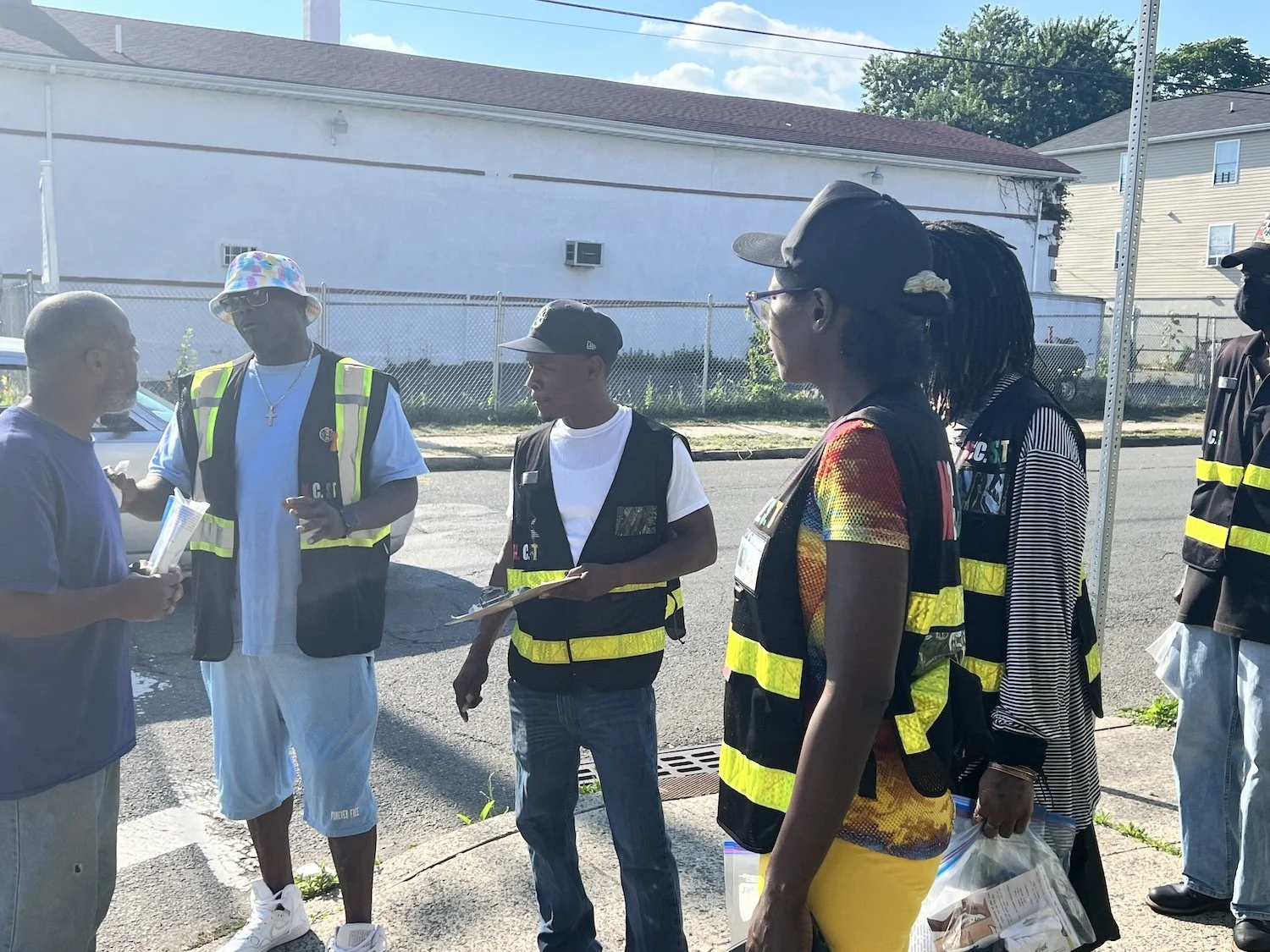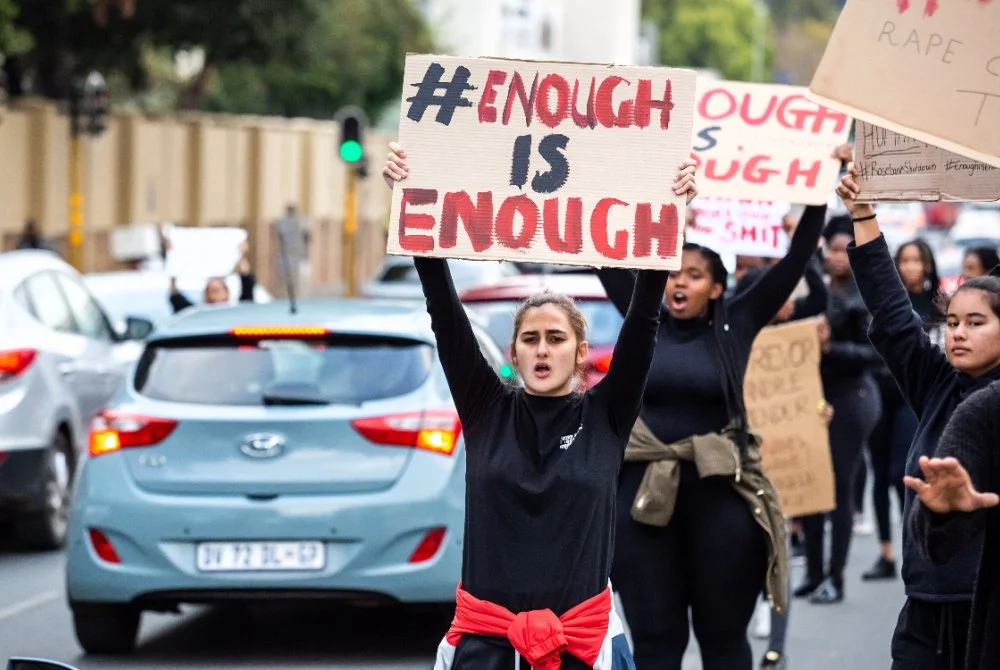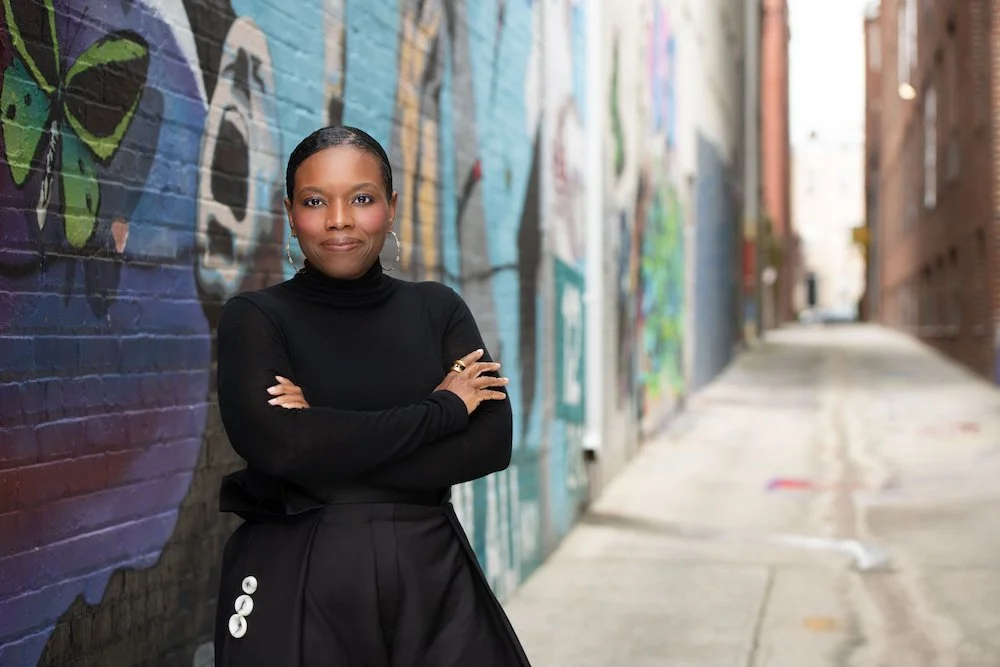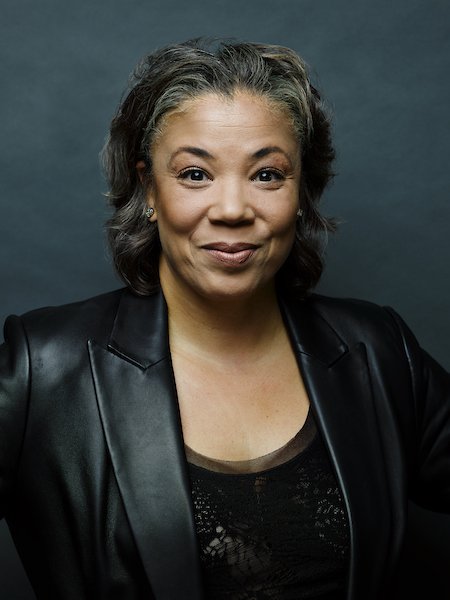Leaving Rikers: What a Foundation is Doing for Women in New York City's Worst Jail
/A corrections bus transports prisoners to Rikers island. SkunkChunk/shutterstock
The New York Women’s Foundation (NYWF) created a Justice Fund in 2018 to address mass incarceration and its effects on women, girls and transgender and gender nonconforming communities in New York City. The Justice Fund’s first round of grants in 2019 focuses on the closure of Rikers Island, which has a long history of violence and other problems and is slated to shut down in 2027. The fund intends to amplify the voices and power of the incarcerated and formerly incarcerated and their relatives while four new city jails are established in Rikers’ place.
“Too often, those most impacted by incarceration are the ones we never hear from. At the core of the Justice Fund’s work is the belief that they are experts and should be included in all aspects of advocacy and systems change,” Ana Oliveira, NYWF president and CEO said in a statement. The fund is backing five community groups with $700,000. Its funding partners are the Art for Justice Fund, Ford Foundation, Frances Lear Foundation and Pinkerton Foundation.
The U.S. has the highest prison population rate in the world, and lately, more funders have been paying attention. The foundations taking on mass incarceration include MacArthur, Arnold Ventures, Chan Zuckerberg Initiative, the Open Philanthropy Project, Ford, Open Society Foundations and the Charles Koch Foundation. Funders are backing bail and parole reform, programs that offer alternatives to incarceration and detention (ATI and ATD), and supports for successful re-entry. All of these efforts relate to the transition from Rikers, because a reduction in prisoners is an essential part of its closure.
Rikers: The Worst Offender
A nightmarish 2018 report by the New York Commission of Correction called “The Worst Offenders” clarifies why Rikers is a focus for reform; it concludes the site needs to close “expeditiously.” It found Rikers has, in almost all categories, much higher rates of violent incidents than all of the county jails collectively, though its population is less than half that of those jails combined. These include assaults, sex offenses, escapes, fires and deaths. Attacks between inmates and personnel are 10 times more frequent. Many safety failures exist, including broken glass, cells that pop open, deficient medical care, unmanned security posts and papered-over cameras.
New York pays for transport of Rikers inmates off the island to court appearances every day. The Marshall Project points out the prison’s remote location also makes it hard for families, lawyers, teachers and other service providers to visit and help the people living there. To end this isolated culture, prisoners will be moved to facilities spread throughout the boroughs.
Laying the Groundwork for Women to Leave Rikers
Women at Rikers are now held at the Rose M. Singer women’s facility, known as “Rosie’s.” Women are the fastest-growing segment of incarcerated people in America, and the imprisonment rate for African-American women is twice that of white women. As we’ve reported, contributors to this trend include the war on drugs, mandatory or “dual” arrests for women fighting against domestic assault, the persecution of female youth survival efforts such as running away, and the criminalization of sex work. Many incarcerated women have been abused, and most are mothers. Women often have unique needs relating to childbirth, menstruation, family visitation and other issues. This is one reason that, after Rikers, they will be housed together in the Queens Family Justice Center.
“How our criminal justice system treats mothers profoundly impacts our next generation,” Helena Huang, Art for Justice Fund project director, said. The Justice Fund centers families in its efforts, in accord with NYWF’s stance that, “when women thrive, their families and communities also thrive.”
One of the Justice Fund’s grantees, the Women’s Community Justice Association (WCJA), is a team of five women-serving organizations. It will launch a “Beyond Rosie’s” campaign advocating for closure of the Rikers women’s facility early, by 2020, and for expanded ATI and ATD programs. This consortium provides transitional housing and services to women who would otherwise be incarcerated due to homelessness and/or inability to make bail.
Rita Zimmer of the WJCA tells us it supports the city’s choice to keep the women in one place. She says it will ensure “fidelity, oversight and adherence to evidence-based practices [that] address the needs of women and their families, while promoting continuity in staffing and training.”
But by keeping all the women in one area, some may still end up far from their communities. Zimmer says the groups she works with are committed to ensuring women can still see their families and get to court. “We have heard of and will be looking at models that range from specialized van services to faith communities stepping in to help facilitate transportation and community connection.”
The other Justice Fund grantees focus on community engagement, education and policy advocacy activities surrounding the closure of Rikers, centering the incarcerated, formerly incarcerated and their families. JustLeadershipUSA is running a #CLOSERikers campaign that includes a #buildCOMMUNITIES platform, which shares demands from impacted locals. The Katal Center for Health, Equity and Justice will gather input from each borough on the plans for the new jails before the City Planning Commission’s land use vote, among other actions. Generating and uplifting community-sourced solutions for decarceration and avoiding the system are also priorities of this cohort of grantees.
In 2018, the NYWF gave out more than $11 million. a record high, to 175 organizations through the NYC Fund for Girls and Young Women of Color, Resilience NYC initiative, Fund for the Me Too Movement and Allies, and other funding projects.
“Our 2018 grantmaking expresses the foundation’s increased response to the needs of historically underinvested communities most impacted by poverty and violence, particularly through building upon our philanthropic partnerships to maximize impact,” Oliveira said. The first round of Justice Fund grants are a further example of this commitment to partnering with other philanthropies. The grants also fall within the NYWF’s mission to serve those who traditionally lack consistent services and funding. The millions of people impacted by mass incarceration—especially those at Rikers—have been out of sight and out of mind in American society for too long.







































